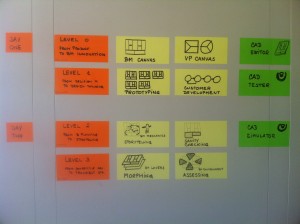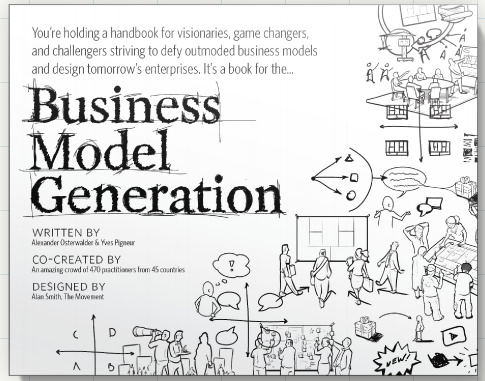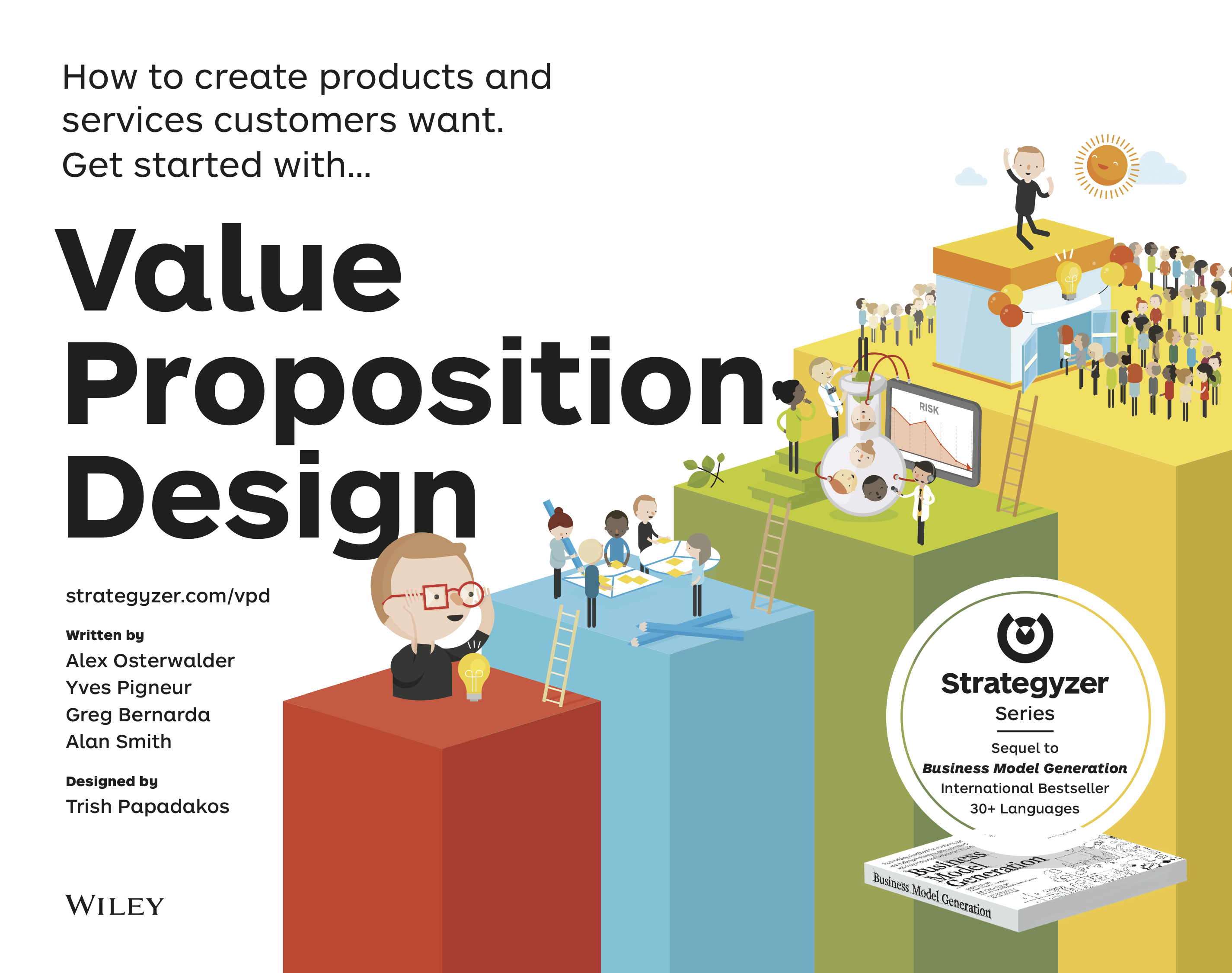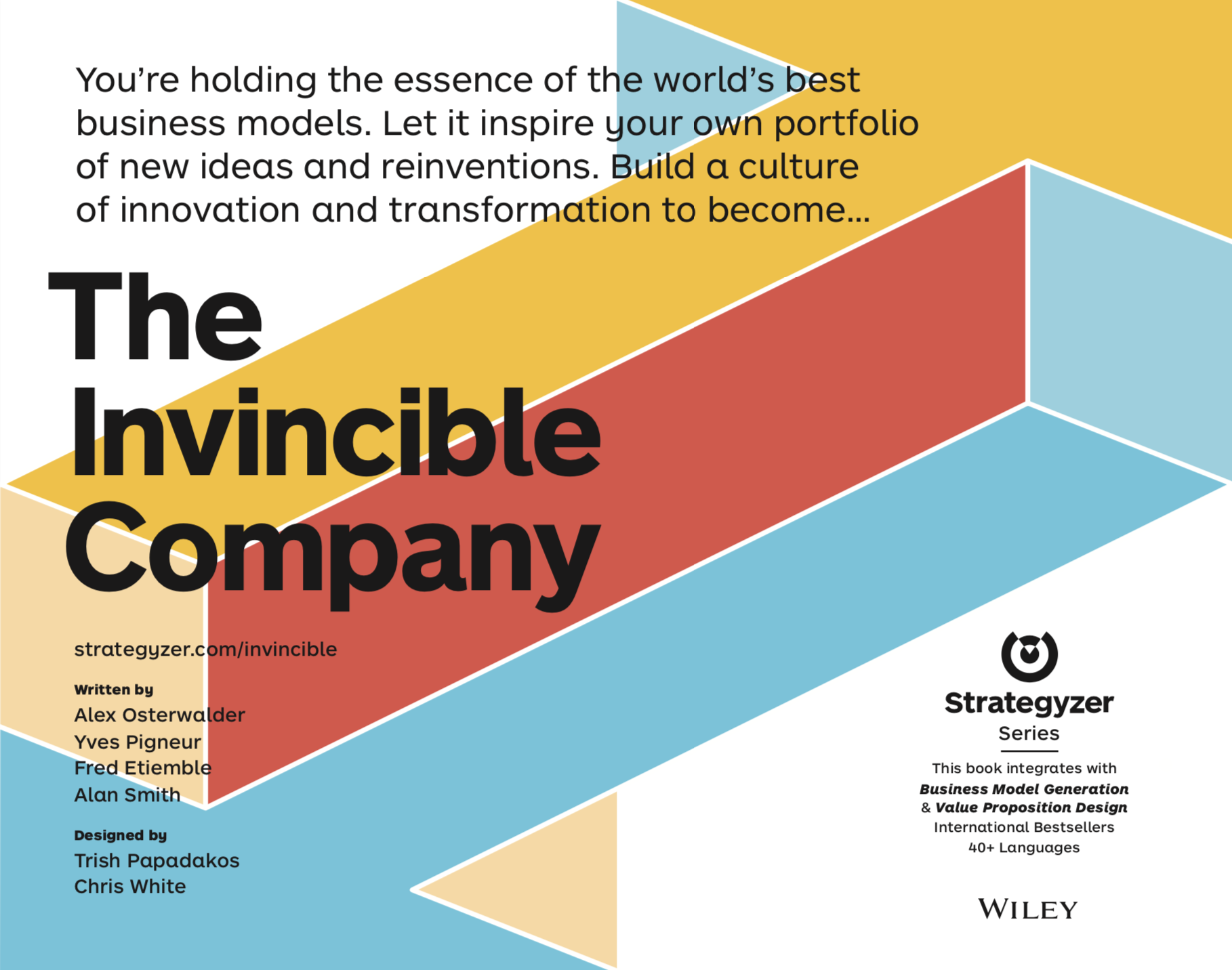e-business course
The objectives of this course are threefold. The first objective is to be able to accurately describe changes in industry structures and situations of business model innovation in general ’ applied to the example of recent e-business evolutions in particular.
The second objective is to master the design of business models using a design-thinking attitude and adopting the ’Managing as designing’ paradigm.
The third objective is to explain why and how information systems research can complement its traditional focus on decision making, organizational design, and performance analysis with an additional new focus on the design, selection, and simulation of business models and similar strategic notions.
Contents
Upon completion this course, the participants will have a general understanding of the current state and trends in the design of business models and similar strategic management objects. More specifically, the participants will be aware of the potential contribution of conceptual and design-oriented research in information systems for improving the formalization, the design and the computer-aided design of business models.
The first part concerns the identification, formalization and visualization of the core constructs, conceptual models and enterprise ontologies that could be used to facilitate both the understanding and the design of business models and other strategic management objects.
The second part corresponds to the exploration of how design-thinking techniques such as prototyping, customer insight and storytelling might contribute to improve the design of strategies and business models.
The third part illustrates and examines the support of computer-aided design (CAD) systems assisting the process of designing business models and selecting strategic options for companies.
The course will be based on active participation, workshop exercise, and team projects.
The course material is in English; the course is given in French. Students can ask their questions, do exam, and write project papers in French or in English. The course is limited to 50 participants, priority to students of the MscIS.
Prerequisite readings
Boland, R. & Collopy, F. (2004) Managing as Designing. Stanford Business Books.
Osterwalder, A. and Pigneur, Y. (2009). Business model generation: A handbook for visionaries, game changers, and challengers. Wiley
Turkle, S. (2009). Simulation and its discontents. The MIT Press.
Course materials and assigned readings are listed on the course web site.
Pre-requisites
BSc course “Systèmes d’information”
Evaluation
Grades will be attributed according to the following key: (a) 15% for class participation, (b) 35% for the class project and its documentation, and (c) 50% for a two-hour written closed-book exam (same conditions for retake).





